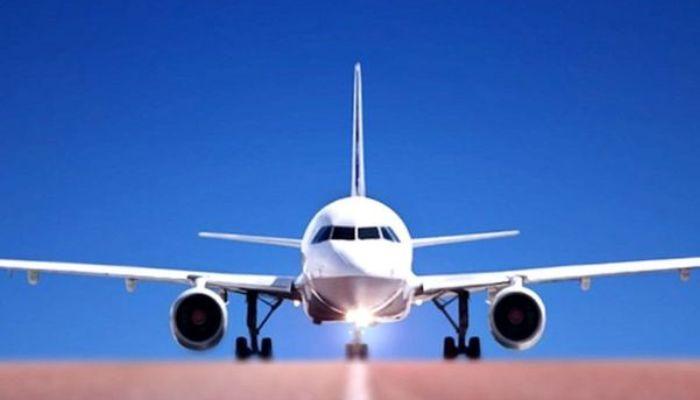The $65 million paid to foreign airlines operating in Nigeria by the Federal Government as partial payment for the $792 million trapped in the country has been deemed insufficient by Seyi Adewale and John Ojikutu, both aviation experts.
Adewale, the chief executive officer of Mainstream Cargo Limited, provided his opinion on an issue that has generated so much bad publicity for Africa’s biggest economy, considering the reputational damage it has created for it in the comity of nations.
As a part of restoring a cordial relationship with these foreign airlines, the FG paid a significant amount, though a paltry sum of the total amount owed.
Adewale, however, praised the sincerity of Tinubu’s administration in restoring cordial relationships with these foreign airlines by paying this amount of money but believes that more needs to be done to release their trapped funds in the country.
Speaking to BusinessDay recently, the Mainstream Cargo Services CEO said that “it’s a good development to note that the federal government has deemed it fit to address the dire financial situation the foreign airlines have been subjected to because of their ‘blocked funds’. However, this sum appears to be small compared to the accruing balances.”
However, he believes that the current pricing model, which makes Nigeria one of the most expensive outbound countries in terms of flight ticket pricing, will not have much impact on future payments.
He explained that the current pricing model adopted by foreign airlines to hedge against delayed payments and foreign exchange risk will continue to exist and perhaps be adjusted upwards to accommodate these changes.
He explained, “To a degree or extent, yes. It only shows possible goodwill exercised on the part of the federal government but is still too small to change to any significant degree the present high-pricing model or regime adopted by the affected foreign airlines. The airlines adopted this very high pricing regime because of the forecasted delays in repatriating their funds on applicable revenues.”
Adewale, however, warned Nigerians not to expect a drop in ticket prices due to this payment.
He replied when asked about it, “I strongly doubt this because there are daily (trapped funds) accruals that may not have a significant impact on their cash flow.
“For any positive impact on air ticket prices, I suggest about 40 percent of present blocked funds are paid and a programmed 12-month payment plan without new ‘blocked-fund’ build-up.
“If this is achieved, signed, and agreed, then we ordinarily should expect or demand a better pricing model.”
Meanwhile, John Ojikutu, CEO, Centurion Aviation Security and Safety Consult, called for a different approach to dealing with the FX challenge as regards the trapped funds of foreign airlines.
He urged the federal government to make the dollars earned from the operations of commercial aviation services operators such as NAMA, NCAA, NAHCO, Sahcol, and fuel marketers be domiciled with it.
These funds, it suggests, should be used to settle the dollar demands of these foreign airlines through them operating a domiciliary account in any of the commercial banks in the country.
Ojikutu said that the commercial service operators can exchange the dollars they deposit for naira as required, and the provision of dollars to these operators will be granted only upon special request.
This solution isn’t new, he mentioned, claiming that it had been used during the time of President Olusegun Obasanjo to ensure the availability of dollars outside of the CBN.
He said, “This problem with the trapped monies of the foreign airlines cannot be solved without finding out how much forex is earned by the commercial aviation service operators, which include FAAN, NAMA, NCAA, NAHCO, Sahcol, and Fuel marketers. My calculations on charges for passengers, air traffic, cargo, fuel, etc. give approximately $2.5 billion annually.
“OBJ, in a public hearing in Aso Rock, Abuja, in 2007, directed that these monies should be domiciled in the CBN and the naira values collected. The aim was to add it to the Federation Account in Forex.
“The operators can apply whenever they have the need for it. For foreign airlines, the domiciliary account should be the source to repatriate their ticket sales.”






